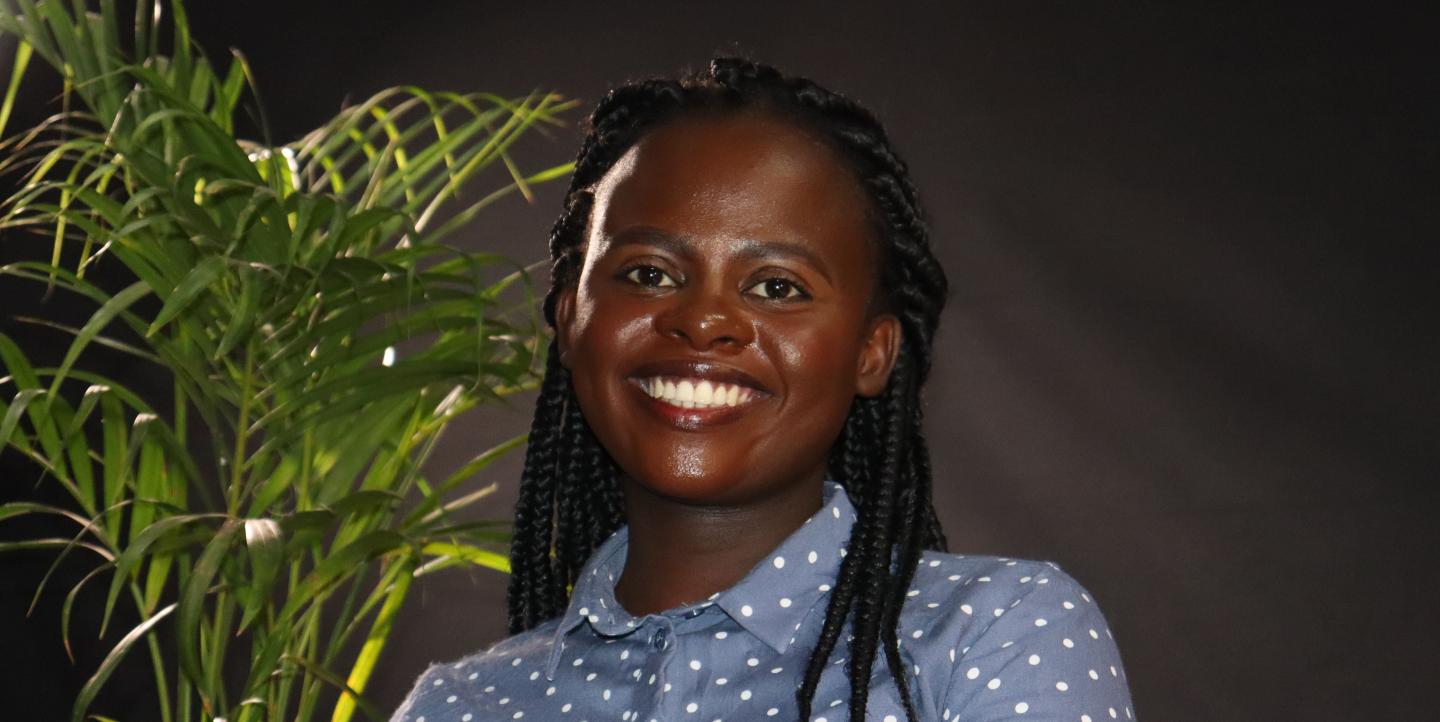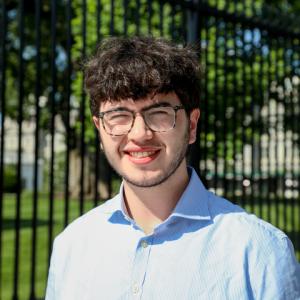In Kenya, pervasive homophobia has kept the issues faced by LGBTQ+ communities largely underreported.
From the thousands of teenagers who have suffered humiliation, trauma and abuse resulting from “conversion therapy” — discredited practices falsely claiming to change a person’s sexual orientation — to same-sex couples who are unable to adopt children or struggle to retain custody of their child due to systemic barricades in the judicial system, challenges experienced by LGBTQ+ people in Kenya are rarely covered by traditional media out of a fear of backlash from the public and politicians. .
That hasn’t deterred Tracy Bonareri. She listened when others wouldn’t.
A fact-checker at Africa Uncensored, Bonareri’s reporting has put a spotlight on the struggles of LGBTQ+ people in her country, disinformation campaigns targeting journalists and legislation, and legal challenges that impact the marginalized.
Meet Tracy Bonareri, IJNet’s journalist of the month for December.
What sparked your interest in journalism?
When I was six, I sat down with my dad to watch the news for the first time. The anchors that day were Beatrice Marshall and Njoroge Mwaura [of KTN News]. I watched them for an hour, and though I had no idea what their job really entailed or how to get there I was certain by the end of the bulletin that it was what I wanted to do when I grew up.
Describe your career path. How did you join Africa Uncensored?
I joined Africa Uncensored as an intern in 2022 during my final year [at KCA University]. Eventually, I was hired as a fact-checker, a role I continue to hold [today].
My career goals include amplifying the voices of marginalized communities and advocating against human rights violations. I am committed to combating misinformation and disinformation to ensure the public has access to accurate, verified information and basically just push for accountability.
When did you start covering LGBTQ+ issues?
I didn’t focus on reporting on the LGBTQ+ community initially. However, that changed after I attended a training on [sexual and reproductive health and rights] reporting, where I listened to members of the LGBTQ+ community share their experiences of human rights violations based on their sexual orientation or gender identity. With my interest in human rights reporting, I decided to start covering these issues.
I believe that everyone, regardless of gender, race, or age, needs to have their human rights protected, and I aim to reflect this in my work.
It hasn’t been easy. Finding reliable data and sources willing to speak is challenging because many fear for their safety, having seen others face harm, sometimes from their own families, for coming out. Another challenge is that some of the experiences people share are so horrifying that you need time to decompress. The abuse you hear about can leave you shaken.
What stories are you most proud of?
Earlier this year, I worked on a story uncovering a coordinated digital disinformation campaign targeting one of Kenya’s mainstream media houses, [the Nation Media Group]. The media outlet had exposed poor service delivery by the government, prompting bad actors [online] to launch a smear campaign accusing the publication of using carcinogenic ink to print their newspapers. The goal was to distract the public from the exposé.
My investigation revealed the [social media] accounts behind the campaign, exposed their coordinated efforts, and highlighted the broader implications for press freedom in Kenya.
I also worked on a piece about conversion therapy, looking into its harmful mental health impact and outlining how affected individuals can seek legal redress. These two stories earned me a nomination for the global Free Press Awards in the Newcomer of the Year category.
How has IJNet supported your work?
Organizations supporting journalists in this space are making it easier [to report on human rights issues], and that gives me hope. IJNet has been a great support for my work, helping me find funding opportunities for my stories. The "conversion therapy" story that earned me a nomination came from an opportunity I found there.
What advice do you have for journalists covering culturally controversial issues, like LGBTQ+ communities in Africa?
My advice to fellow journalists covering issues ignored by cultures and governments is to thoroughly educate themselves on the subject to ensure their reporting is both ethical and factual, avoiding any potential harm. Collaborating with civil society organizations can be invaluable for accessing sources and materials to strengthen your work.
Building trust with sources is also crucial, as finding willing participants for these stories can be challenging. Often, a source from one story can connect you to others. Lastly, prioritize self-care and find ways to decompress, as these stories can take an emotional toll on the reporter.
Main photo courtesy of Tracy Bonareri.


